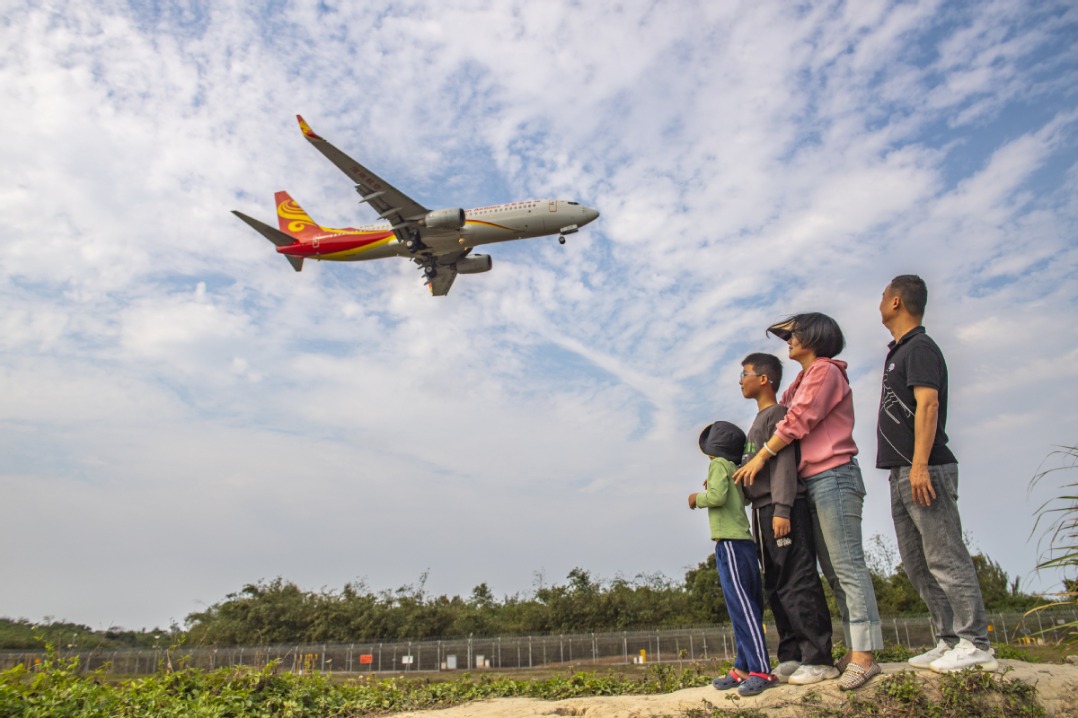The great intra-Palestinian reconciliation and why it happened in Beijing


The three-day intra-Palestinian reconciliation dialogue among Palestinian factions concluded in Beijing last month. Under China's mediation, 14 Palestinian factions jointly signed the Beijing Declaration on Ending Division and Strengthening Palestinian National Unity, a milestone bringing hope to the suffering Palestinian people.
In the face of the ongoing and intensifying Palestinian-Israeli conflict, the dialogue among Palestinian factions in Beijing is particularly significant. It is becoming increasingly clear to these factions that unity is essential for amplifying the call for justice. Only through a collective voice and a unified front can the aspirations for national liberation be realized. A deeper look at the complexities of the factions' differences and the history is crucial to understanding the difficulty of making reconciliation possible. So why did the intra-Palestinian reconciliation dialogue take place in Beijing?
China always upholds fairness and justice
"China is very decent and honest and really wants to help us without interfering in our internal affairs," Mustafa Barghouti, Chairman of the Palestinian National Initiative, replied this way at the closing ceremony of the Reconciliation Dialogue. On the question of Palestine, China has never harbored any self-interest and has always stood on the side of peace and human conscience. Since the start of this round of conflict, Chinese President Xi Jinping has on many occasions elaborated on China's position and ideas, calling for an immediate ceasefire to stop the fighting and prevent the expansion of the conflict. China stresses that the fundamental way out lies in the two-State solution and a comprehensive, just and lasting settlement of the Palestinian question should be achieved at an early date. China has always stood up for the just cause of the Palestinian people in the United Nations Security Council. During its presidency of the Security Council, China helped to bring about the adoption of the first ceasefire resolution since the outbreak of this round of the Gaza conflict. At the Beijing Dialogue among Palestinian factions, China put forward a "three-step" approach to address the plight of the current Gaza conflict, which has been endorsed by the Palestinian factions and the international community.
China has no self-interest in its mediation efforts in the Middle East
On the complex hotspot issues in the Middle East, China has always maintained an objective and impartial stance, never sought geopolitical self-interest, and never imposed its will on others. It has always been a builder of peace in the Middle East, adhering to the concept of common, comprehensive, cooperative, and sustainable security, and promoting the implementation of the Global Security Initiative, which is in line with the common interests of countries in the Middle East. China has always been sincere in helping the Middle East achieve peace and development, and has always been a trustworthy friend of Arab countries. One needs to look no further than the Saudi-Iran reconciliation mediated by China and the more recent Beijing Declaration among different factions in Palestine. A number of Arab media organizations have commented that China has always been regarded as an impartial and trustworthy intermediary in the Middle East. It is precisely for this reason that China's good offices were able to transform what was widely perceived as an "impossibility" into an "outcome for peace".
China's advocacy of peaceful development is deeply rooted in people's hearts
For thousands of years, the Chinese nation has been aspiring for world peace and shared prosperity. It is precisely because China was itself drenched by the rain that it is determined to hold an umbrella for others. It is also because China had experienced hardship and suffering that the Chinese people have become more peace-loving and deeply aware of the value of peace and tranquility. Since its founding, the People's Republic has stayed committed to an independent foreign policy of peace. By adhering to the path of peaceful development, it has proven false the Western theory that a strong country will seek hegemony. China has also been advocating the concepts of peace, justice and win-win cooperation, actively promoting the settlement of disputes among countries in a peaceful manner, and committing itself to a more just and equitable international order. In stark contrast to the untenable approach of fanning flames and picking sides, China's concept of supporting peaceful development has gained more recognition in the Middle East.
A journey of a thousand miles begins with a single step. The Beijing Declaration, an embodiment of China's mediation efforts, is an important step forward for the cause of the Palestinian people in their pursuit of widely-recognized statehood. China will continue shouldering its responsibility as a responsible major country in maintaining world peace and stability, and will work with all peace-loving and happiness-seeking countries and peoples in an effort to safeguard peace and tranquility of the world, and to create a better future for mankind.


































